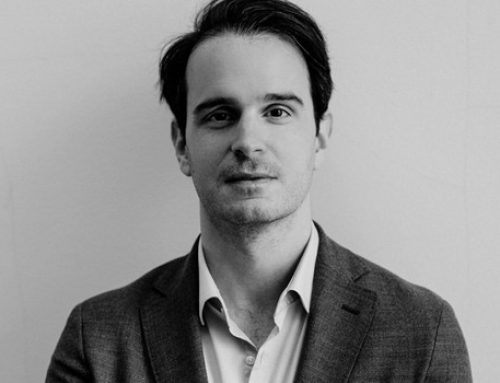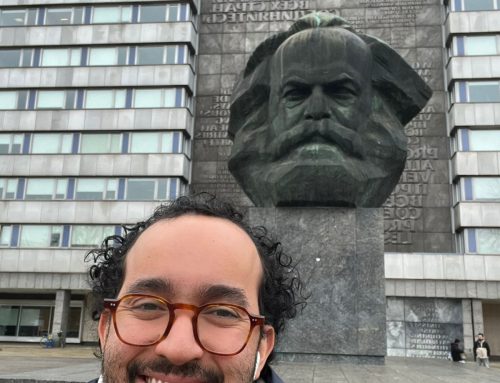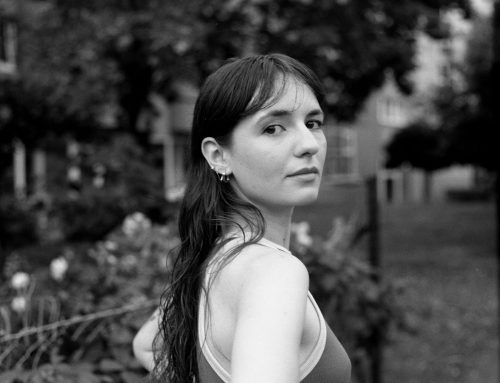Knowing the global-local: Imagining pasts, debating futures
June 18th – June 21st 2024
University of Rijeka; Rijeka, Croatia
The politics of knowledge production shapes how we make sense of world politics and our scholarly practices. Established analytical frameworks and the distinction between the local and the global are often taken for granted in International Studies. They reflect epistemic authorities hailing from social and material hierarchies. Such structures generate and discipline political imaginaries and policy designs. They underpin interpretations of current events even when impartial expertise is claimed. The main conference theme seeks to unpack the politics of knowledge and policy processes in the making of the global-local. We promote the adoption of heterogeneous approaches that unsettle received categories in the study of the international. The ambivalent positionality in the global order of the diverse Eastern, Central, and South-Eastern Europes provides for a dynamic space from which and in which to debate such questions. We encourage proposals that make critical use of context-sensitive interdisciplinary knowledges to offer such grounded perspectives. We do not, however, limit the scope to any one region.
For more information visit the International Studies Association website.
Organizing committee of the joint ISA/CEEISA Conference in Rijeka:
Sanja Bojanić, Associate Professor and Director, Centre for Advanced Studies Southeast Europe (CAS SEE), University of Rijeka
Filip Ejdus, Professor, Faculty of Political Science, University of Belgrade, CEEISA President
Mark Boyer, Board of Trustees Distinguished Professor at the University of Connecticut, ISA Executive Director
Tina Perić Lukačević, Programme Associate, Centre for Advanced Studies Southeast Europe (CAS SEE), University of Rijeka
Tena Prelec, Assistant Professor, Centre for Advanced Studies Southeast Europe (CAS SEE), University of Rijeka
Jennifer Fontanella, ISA Director of Operations
UNIRI The Moise Palace: Cres Island
An education center of the University of Rijeka. A five-hundred-year-old patrician townhouse and the largest Renaissance palace on the Croatian islands. A venue and forum for various scientific and research activities, it welcomes visiting academics, students and scholars.




